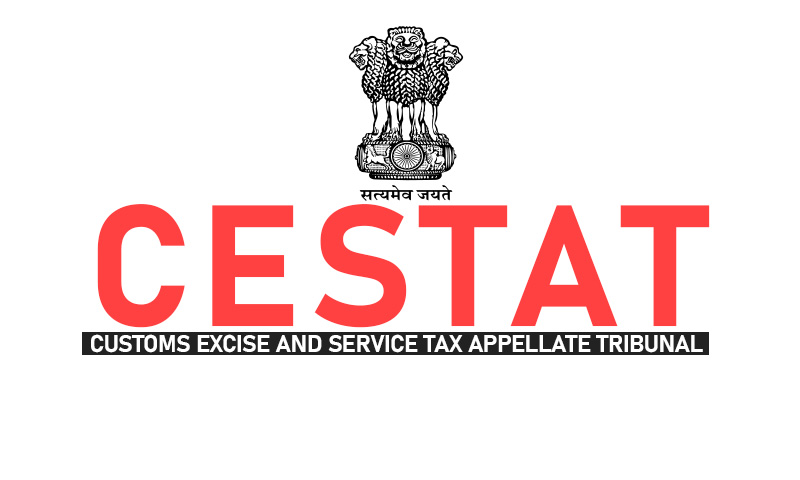The Chennai Bench of Customs, Excise, and Service Tax Appellate Tribunal (CESTAT) has held that the customs duty exemption is allowable on the use of flood lights installed in the stadium for all matches, including the conduct of one-day international matches.The bench of Sulekha Beevi C.S. (Judicial Member) and Vasa Seshagiri Rao (Technical Member) has observed that the ad hoc exemption...

